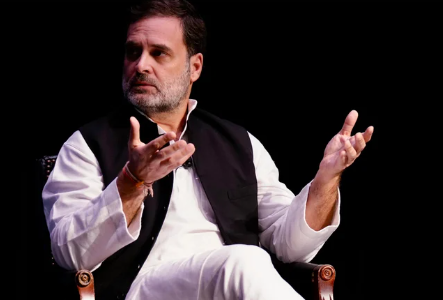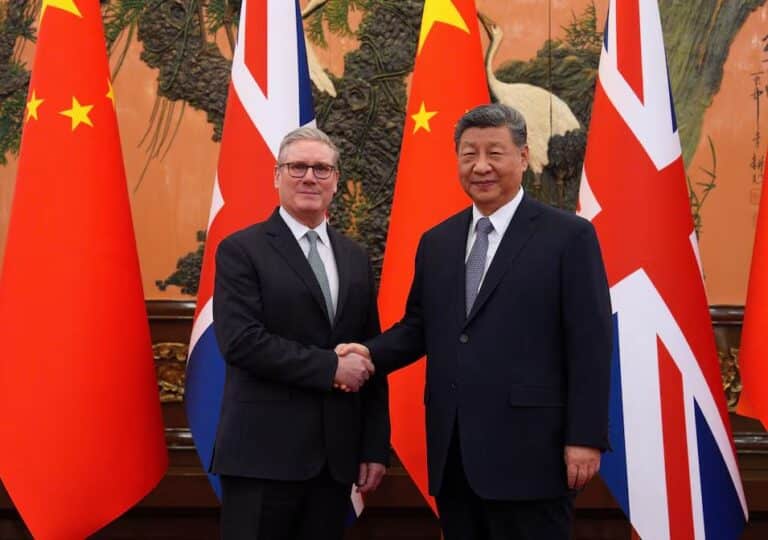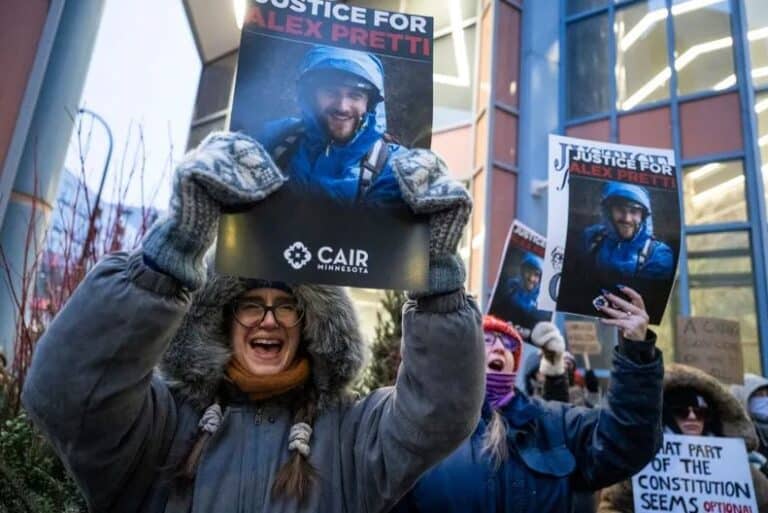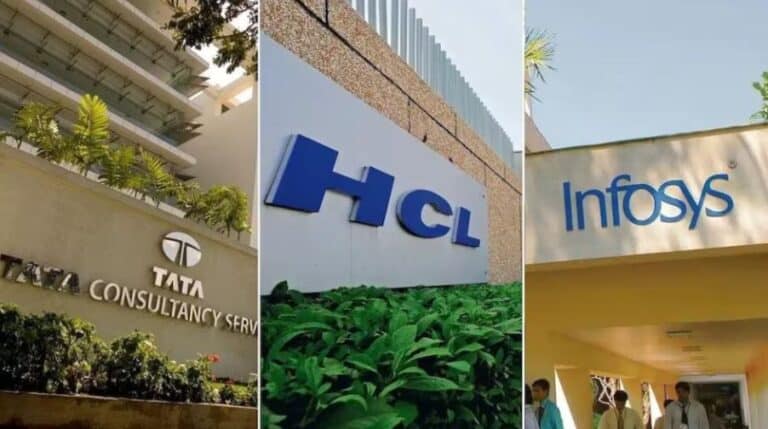
As the Delhi Assembly elections draw closer, Congress leader Rahul Gandhi has raised a critical issue that affects thousands of patients across the country. In a letter to Union Health Minister JP Nadda and Delhi Chief Minister Atishi, Gandhi highlighted the difficult conditions faced by patients and their families who travel to the All India Institute of Medical Sciences (AIIMS) in Delhi for treatment.
Gandhi’s letter came after a visit to the night shelters near AIIMS, where he witnessed firsthand the harsh realities faced by patients waiting for care at one of India’s premier medical institutions. Describing the situation as deeply concerning, Gandhi expressed his shock at seeing patients huddled in the cold with only thin blankets for warmth, with inadequate facilities for sanitation, water, and shelter.
He wrote, “I was disheartened to see hundreds of patients and their families huddled on the footpath and in the subway, battling the bitter cold with only thin blankets for warmth.” Gandhi stressed that many of these patients had traveled long distances and spent their life savings in search of life-saving treatment at AIIMS, only to find themselves enduring severe conditions while waiting for medical care.
The Leader of the Opposition in the Lok Sabha called on both the central and Delhi governments to urgently address these critical issues, particularly during the winter months when conditions are especially harsh. Gandhi urged that healthcare be prioritized in the upcoming Union Budget, with a focus on significantly increasing funding for public healthcare services.
Gandhi suggested that collaboration between AIIMS, the Delhi government, and charitable organizations could provide immediate relief to patients. He recommended that the government ensure the availability of basic services such as heating, bedding, water, and proper shelter for those waiting outside AIIMS.
Beyond the immediate concerns at AIIMS, Gandhi pointed to the larger issue of India’s overstretched public healthcare system. He emphasized that the current situation at AIIMS was a symptom of a nationwide crisis, with medical institutions across the country unable to meet the growing demand for quality healthcare. To alleviate this, Gandhi recommended the establishment of new AIIMS facilities across India, particularly in rural and underserved areas, to reduce the burden on existing hospitals and make healthcare more accessible to millions of people.
During his visit, Gandhi interacted with patients and their families, many of whom shared their personal struggles of waiting for months or even years for medical attention. The emotional and financial strain on these families was palpable, as they expressed frustration over the lack of proper facilities and support during their prolonged wait.
The letter from Gandhi comes at a time when healthcare has become a key issue in the run-up to the Delhi Assembly elections. By bringing attention to the plight of those seeking treatment at AIIMS, Gandhi has once again underscored the importance of prioritizing public healthcare and addressing the gaps in the system that continue to affect the most vulnerable populations.
Many of the patients near AIIMS who spoke with Gandhi shared their concerns over the lack of infrastructure and support services. Several patients noted that they had been waiting for months for life-saving treatment, enduring not only the physical discomfort of illness but also the emotional toll of uncertainty.
In response to Gandhi’s concerns, local healthcare advocates have called for immediate action to address the severe shortage of medical resources and inadequate facilities at AIIMS and other public hospitals across India. While AIIMS remains one of the best healthcare facilities in the country, it has been struggling to cope with a surge in patient numbers, particularly in recent years.
Moreover, Gandhi’s call for greater collaboration between government agencies, charitable organizations, and healthcare institutions is seen as an essential step toward improving the overall healthcare infrastructure in the country. By pooling resources and expertise, it is hoped that the government can offer immediate relief to those facing dire conditions outside AIIMS.
Gandhi’s visit and his subsequent letter have sparked important discussions about the need for systemic reforms in India’s healthcare system, particularly in terms of capacity building, patient care, and healthcare access for marginalized communities.
In conclusion, as the Delhi Assembly elections approach, Rahul Gandhi’s letter serves as a timely reminder of the urgent need to address the healthcare crisis that affects millions of Indians, especially those who rely on institutions like AIIMS for critical medical treatment. The proposed solutions, including increased funding and better collaboration, offer a path forward to alleviating some of the most pressing challenges in the public healthcare system.







